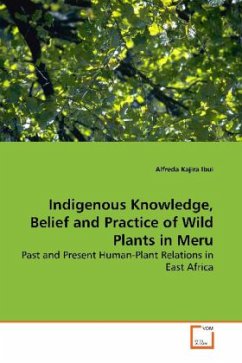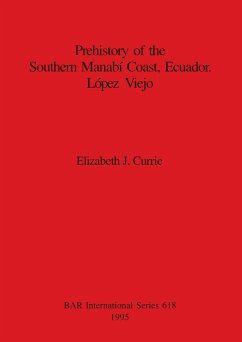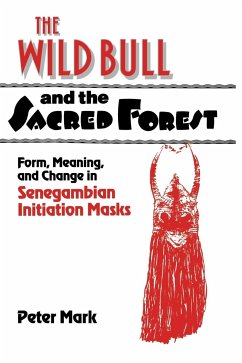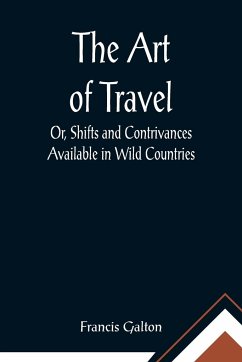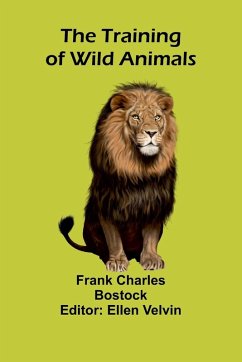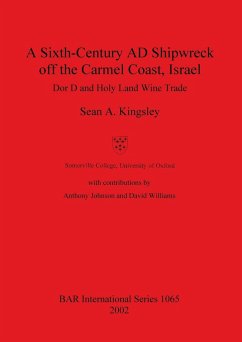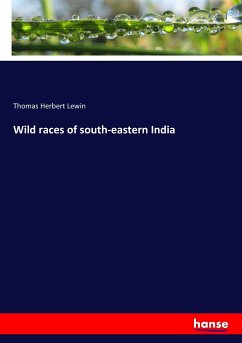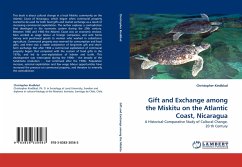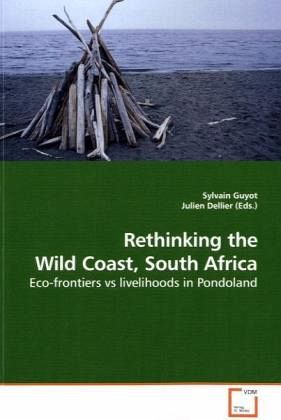
Rethinking the Wild Coast, South Africa
Eco-frontiers vs livelihoods in Pondoland
Versandkostenfrei!
Versandfertig in 6-10 Tagen
52,99 €
inkl. MwSt.

PAYBACK Punkte
26 °P sammeln!
The Wild Coast , an alternative name for the coastal Pondoland (Eastern Cape, South Africa), is one of the focal points of strong eco-frontier dynamics, like scenic landscape tourism and biodiversity conservation. Nonetheless, beyond the Wild Coast there is a changing rurality. The end of apartheid has opened an era of potential changes for Pondoland, starting with the lodging of land claims on historically seized land. If Pondoland local development has to adjust to the global economy, new outsiders appropriation challenges, like mining projects or future tourist resorts, are also a reality t...
The Wild Coast , an alternative name for the coastal Pondoland (Eastern Cape, South Africa), is one of the focal points of strong eco-frontier dynamics, like scenic landscape tourism and biodiversity conservation. Nonetheless, beyond the Wild Coast there is a changing rurality. The end of apartheid has opened an era of potential changes for Pondoland, starting with the lodging of land claims on historically seized land. If Pondoland local development has to adjust to the global economy, new outsiders appropriation challenges, like mining projects or future tourist resorts, are also a reality to consider. Today, the Wild Coast is confirmed as the branding name for the coastal Pondoland to become a major eco-tourism attraction. Are outsiders and insiders able and willing to work together towards an integrated Pondoland in order to avoid partition of the coast from its rural hinterland? Several authors contribute to the making of this book of interest for eco-conscious tourists planning to visit the Wild Coast, for students and academics researching the new South Africa and for all actors willing to commit themselves to building a better future for Pondoland.



